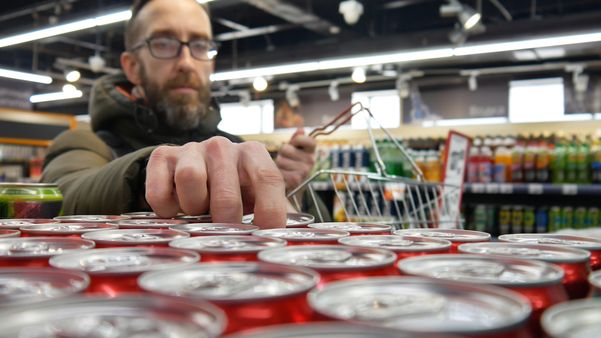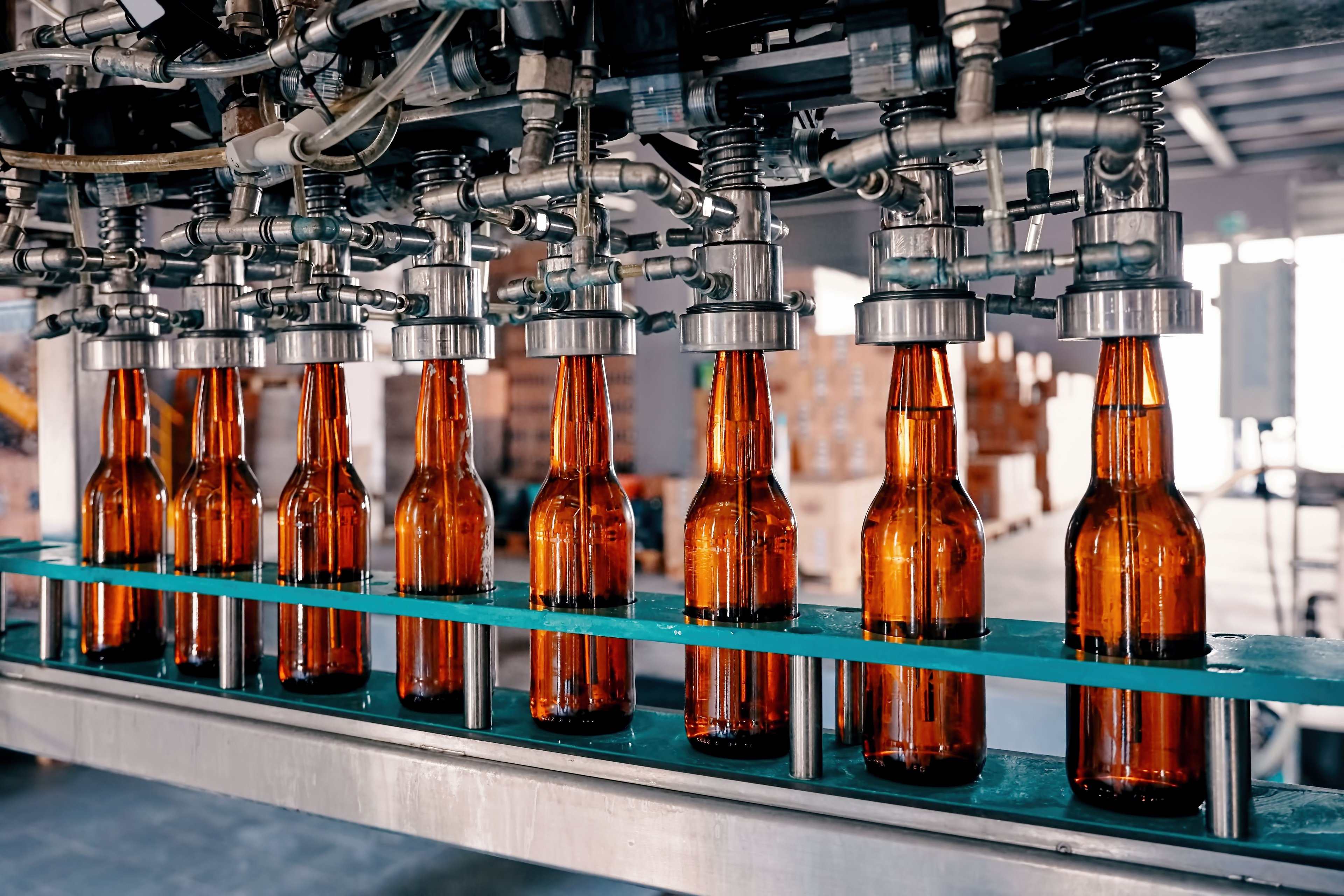
Hops are one of four essential ingredients in the production of beer, but the growth of the craft beer industry has strained supplies. Unfortunately, that hasn't been an issue for Boston Beer, which means its many troubles lie elsewhere. Image source: Getty Images.
Don't pin Boston Beer's (SAM 2.44%) ongoing decline on the growing hops shortage. Although the key brewing ingredient is becoming increasingly difficult to come by, due in no small part to the burgeoning growth of the craft beer industry, the leading craft brewers' woes can't be tied to that excuse.
Hop to it
A recent report from the The Wall Street Journal indicated that despite near-record hops harvests, craft brewers are having trouble getting supplies. Almost 92 million pounds of hops will be produced this year, up 16% from last year and second only to the 94.7 million pounds produced in 2009. But there are also more craft brewers in existence today than ever before. The Brewers Association reports there were more than 4,300 breweries operating at the end of last year, 4,225 of them craft breweries, which exceeds the 4,100 breweries that existed in 1873.
Crafting a response
Craft beer accounts for 12% of all the beer brewed in the U.S., some 24 million barrels in all. Where the overall beer market grew just 0.2% in 2015, the craft beer segment surged 12.8% from the year-ago period.
Yet the industry is starting to slow. The industry trade group's midyear assessment showed that production volume rose 8% over the first six months of 2016, about half the rate of increase seen in the prior-year period. Others say growth is even slower than that, with market researchers pegging industry expansion at just 6.5% through May, almost a third of the better-than-17% growth seen last year.
However, growth -- or decline -- isn't even. The Brewers Association points out that if you remove the beers made by the largest brewers, such as Anheuser-Busch InBev and Molson Coors, or even the largest craft brewers like Boston Beer, New Belgium Brewing, and Sierra Nevada Brewing, the industry is still showing significant growth and health, say market researchers at IRI.
Taking out just Blue Moon (owned by MillerCoors, a joint venture of Molson Coors and SABMiller) and Shock Top (owned by AB InBev) from the IRI data, we see craft beer growing 9% over the period, while industry site BevNet says eliminating the three big craft brewers puts growth at 16%. It's not craft beer that's going flat, just the biggest names, which indicates beer drinkers are still seeking out true craft brews and shunning the mass-produced offerings.
As flat as day-old beer
That's part of the reason you could blame Boston Beer's problems on not being able to get hops. Along with D.G. Yuengling & Son, the maker of the Samuel Adams brand is the largest true craft brewer that meets the Brewers Association definition of size and volume.
In its second quarter earnings report in July, Boston Beer said revenue fell 2.7% as the number of barrels sold fell 4% from last year. Depletions, or sales from distributors to retailers, which are considered a reliable proxy for consumer demand, were down 5%.
But unlike its smaller brethren that are having trouble getting hops supplies, affecting their ability to brew enough product, Boston Beer uses "noble hop" varieties for many of its Samuel Adams beers -- the flagship brand critical to its success.
A noble pursuit
Noble hops are known for their superior taste and aroma, of which there are largely four varieties: Hallertau (Hallertauer), Tettnang (Tettnanger), Hersbrucker, and Spalt (Spalter), all of which come from Germany. Boston Beer identifies a fifth that it uses, Saaz, that comes from the Czech Republic.
While the brewer does use U.S. hops, which are grown primarily in the Pacific Northwest, and it acknowledges the existence of a hops shortage due to the growth of the craft beer industry, which has also led to an increase in prices, Boston Beer has purchase agreements with eight primary hops dealers and got its full complement of U.S. hops. It did have an underdelivery of European hops, but it also maintains a two-year supply of essential hops varieties in inventory for just such circumstances, so the shortage isn't the cause of its woes.
Boston Beer has simply gotten too big for its own good and needs to pay more attention to its beer. It has to come up with new ways to refresh the Samuel Adams brand while extending its own name in ways that hew closer to its roots as a craft brewer. A shortage of hops, though perhaps real, isn't a concern right now.






